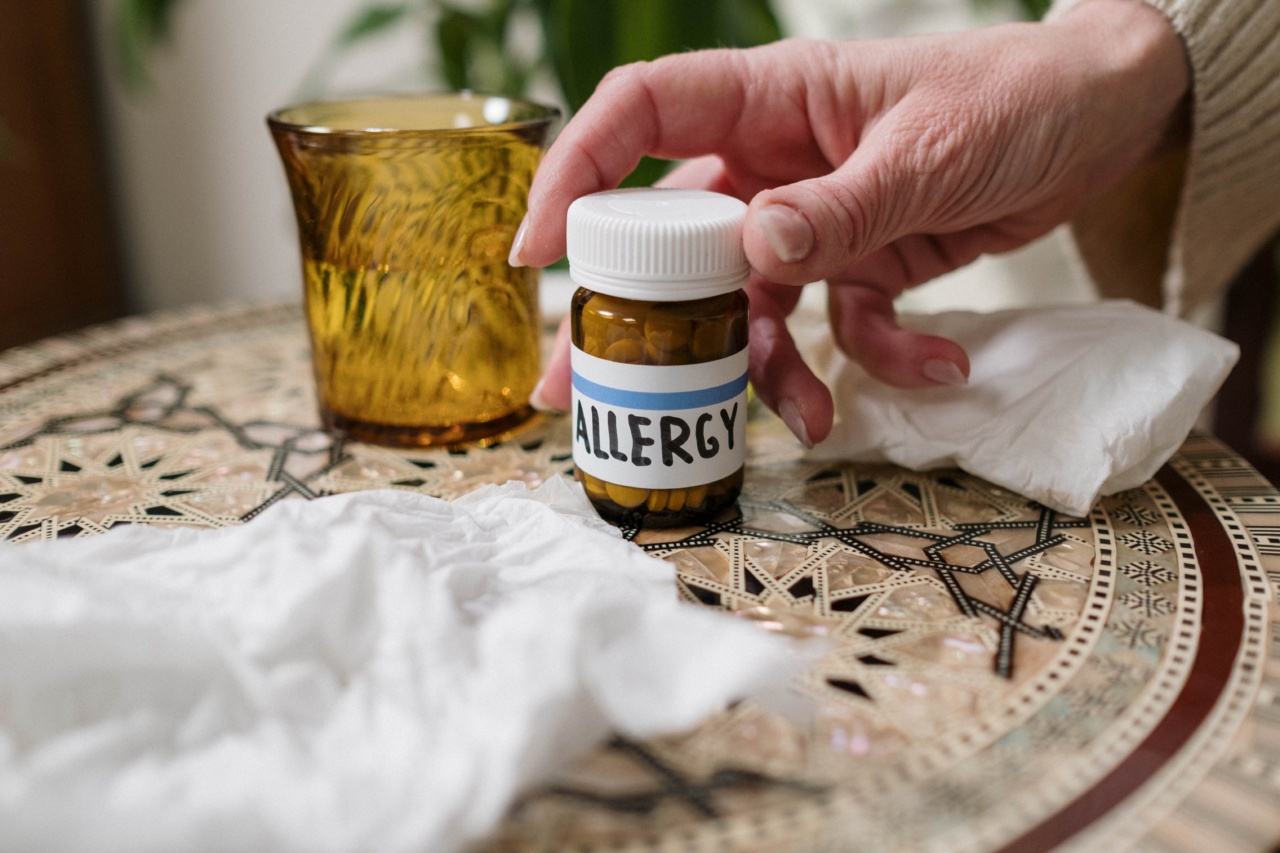If you suffer from seasonal allergies, then you know how unpleasant and frustrating they can be. Seasonal allergies are often caused by airborne allergens and can lead to symptoms such as sneezing, runny nose, itchy eyes, and even asthma.
In this article, we will take a deep dive into the causes of seasonal allergies and explore effective treatments to alleviate their symptoms.
What Causes Seasonal Allergies?
Seasonal allergies, also known as hay fever or allergic rhinitis, are caused by an allergic reaction to airborne substances such as pollen, dust mites, and pet dander.
When your body’s immune system detects these allergens, it releases histamines to try and fight them off. This release of histamines leads to the classic symptoms associated with seasonal allergies such as sneezing, runny nose, and itchy eyes.
The severity of your allergies will depend on the amount of allergens in the air, as well as your body’s sensitivity to them. Generally, seasonal allergies are more common in the spring and fall when plants release pollen into the air.
Common Seasonal Allergy Symptoms
As mentioned earlier, seasonal allergies can present a wide range of symptoms. Some of the most common symptoms include:.
- Sneezing
- Runny nose
- Watery eyes
- Congestion
- Itchy nose and throat
- Coughing
- Wheezing
If you experience any of these symptoms, it is important to consult with a doctor or allergist for a proper diagnosis and treatment plan.
Treatments for Seasonal Allergies
When it comes to treating seasonal allergies, there are a variety of options available. The right treatment plan for you will depend on the severity of your symptoms and the specific allergens that trigger them. Here are some popular treatments:.
1. Antihistamines
Antihistamines are one of the most common treatments for seasonal allergies. These medications work by blocking the release of histamines, which in turn helps to alleviate allergy symptoms.
They are available in both prescription and over-the-counter forms and come in a variety of delivery methods including pills, liquids, and nasal sprays.
2. Decongestants
Decongestants are another common treatment for seasonal allergies. They work by shrinking the blood vessels in the nose and reducing inflammation, which helps to relieve congestion.
Like antihistamines, decongestants are available in both prescription and over-the-counter forms.
3. Nasal corticosteroids
Nasal corticosteroids are prescription-only medications that work by reducing inflammation in the nasal passages. They are particularly effective for individuals with persistent allergy symptoms, and may take a few days to start working.
4. Immunotherapy
Immunotherapy, also known as allergy shots, is a long-term treatment option for seasonal allergies. This treatment involves gradually introducing small amounts of allergens into the body, with the goal of desensitizing the immune system over time.
While it can take several months to see results, immunotherapy can provide long-lasting relief for individuals with severe allergies.
Additional Tips for Managing Seasonal Allergies
In addition to the aforementioned treatments, there are some lifestyle changes and remedies you can try to help manage your seasonal allergies:.
1. Keep allergens out of your home
To reduce your exposure to allergens, try to keep them out of your home as much as possible. This can involve regularly vacuuming and dusting, washing bedding frequently, and using air filters.
2. Wear a mask
Wearing a mask can be particularly helpful during peak allergy season, as it can help to filter out airborne allergens.
3. Avoid outdoor activities during peak pollen times
If you know you are particularly sensitive to pollen, try to avoid outdoor activities during peak pollen times, typically in the morning and evening.
4. Try natural remedies
There are several natural remedies that may provide relief for seasonal allergy symptoms. Some popular options include consuming locally sourced honey, drinking tea with anti-inflammatory properties, and using saline nasal irrigation.
Conclusion
Seasonal allergies are a common and unpleasant condition, but there are many effective treatments available to manage their symptoms.
By working with a doctor or allergist to develop a treatment plan, and making some lifestyle changes such as keeping allergens out of the home and avoiding outdoor activities during peak pollen times, you can find relief from your seasonal allergies and enjoy the changing seasons.






























